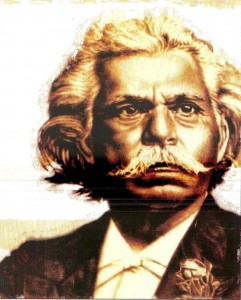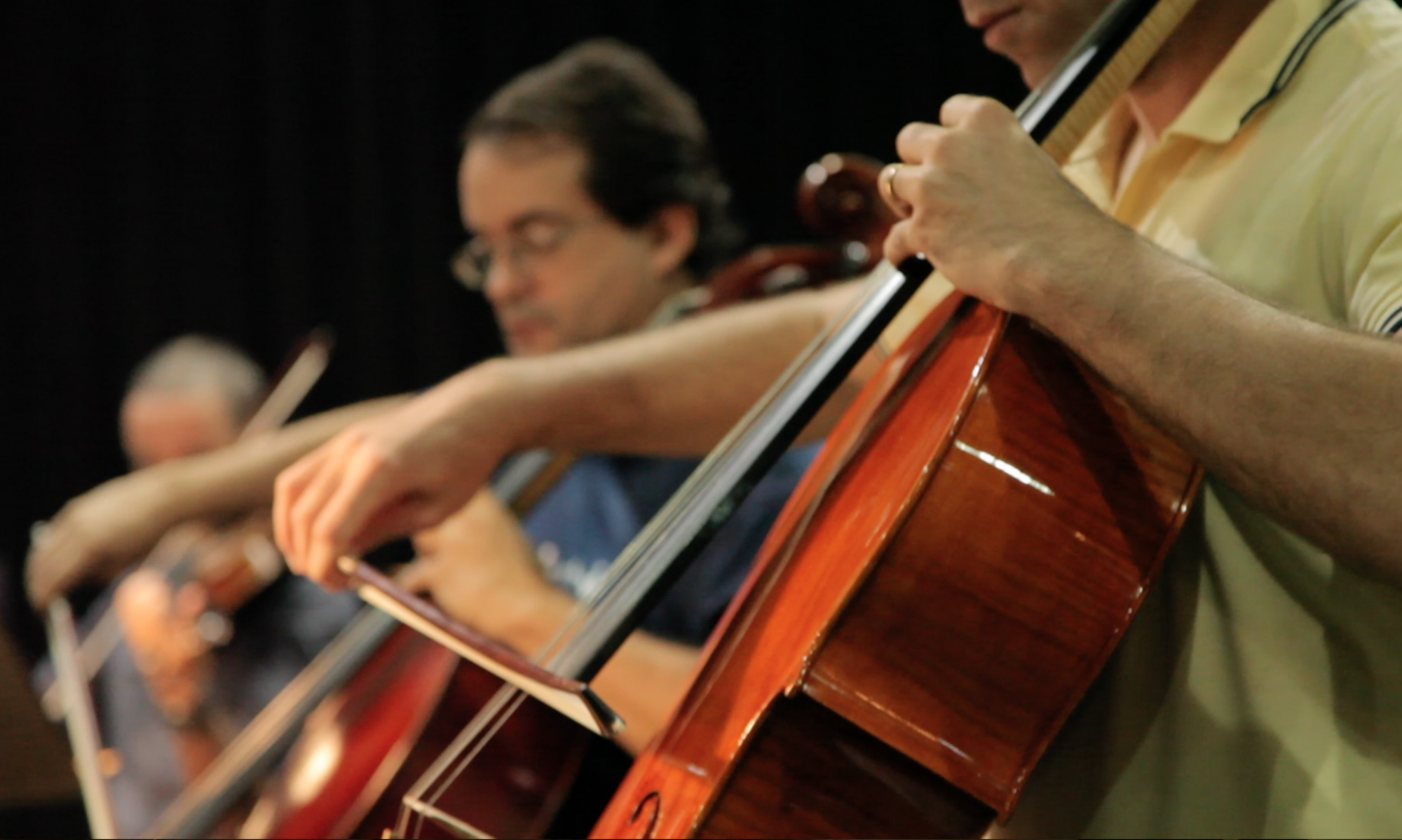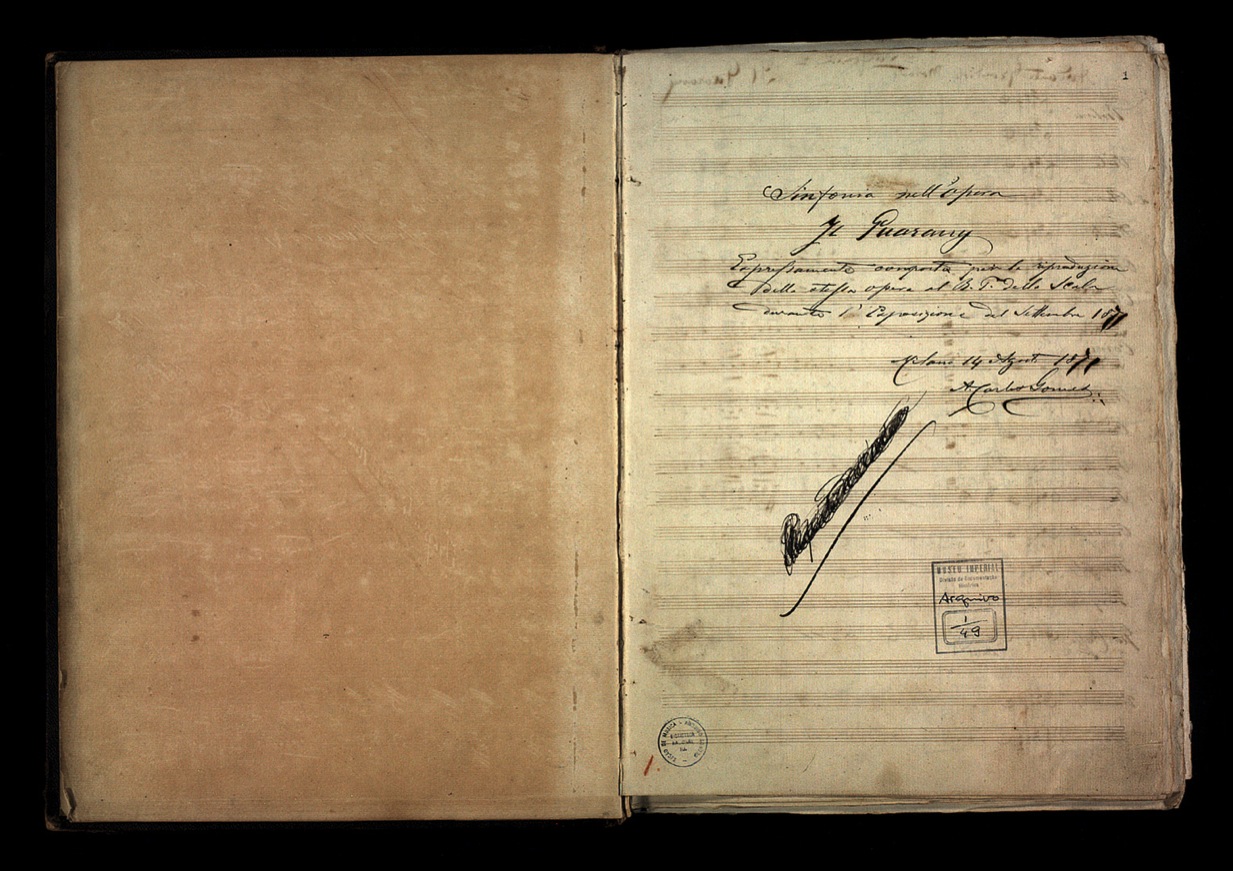Carlos Gomes left a remarkable legacy and a list of works that deserves to be know.
“Il Guarani” may be his most famous opera.

Antônio Carlos Gomes; Brazil, July 11, 1836 – Brazil, September 16, 1896) was the first New World composer whose work was accepted by Europe. The only non-European who was successful as an opera composer in Italy, during the “golden age of opera”, contemporary to Verdi and Puccini and the first composer of non-European lineage to be accepted into the Classic tradition of music.[1]
Younger than Verdi, yet older than Puccini, Carlos Gomes achieved his first major success in a time when the Italian audiences were eager for a new name to celebrate and Puccini had not yet officially started his career. After the successful premiere of Il Guarany, Gomes was considered the most promising new composer.[2] Verdi said his work was an expression of “true musical genius”.[3] Liszt said that “it displays dense technical maturity, full of harmonic and orchestral maturity.” [4]
Il Guarany (The Guarany) is an opera ballo composed by Antônio Carlos Gomes, based on the novel O Guarani by José de Alencar. Its libretto, in Italian rather than Gomes’ native Portuguese, was written by Antonio Scalvini and Carlo D’Ormeville. The work is notable as the first Brazilian opera to gain acclaim outside Brazil.[1]Maria Alice Volpe has analysed the historical subtext of the Indianismo movement behind Il Guarany.[1]
Download Facimile of Original Manuscrit of Il Guarany by Carlos Gomes – Public Domain:
Download all four acts in the original manuscript.
Performance history
The world premiere took place at La Scala, Milan on 19 March 1870. The opera received additional European productions. The first Brazilian performance was in Rio de Janeiro on 2 December 1870, at the Theatro Lyrico Fluminense. More recently, in 1996, Il Guarany was mounted by the Washington National Opera with Plácido Domingo in the role of Peri.[2]
The duet Sento una forza indomita for tenor and soprano had a vogue: it was in the recorded repertoire of Francesco Marconi with Bice Mililotti, 1908, and of Enrico Caruso with Emmy Destinn, 1914.[3]


